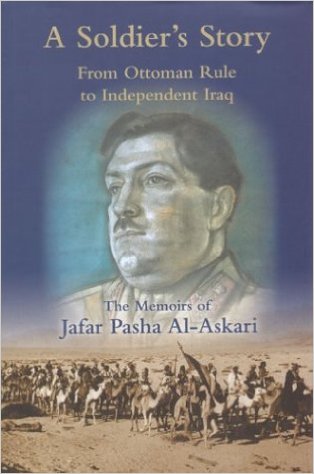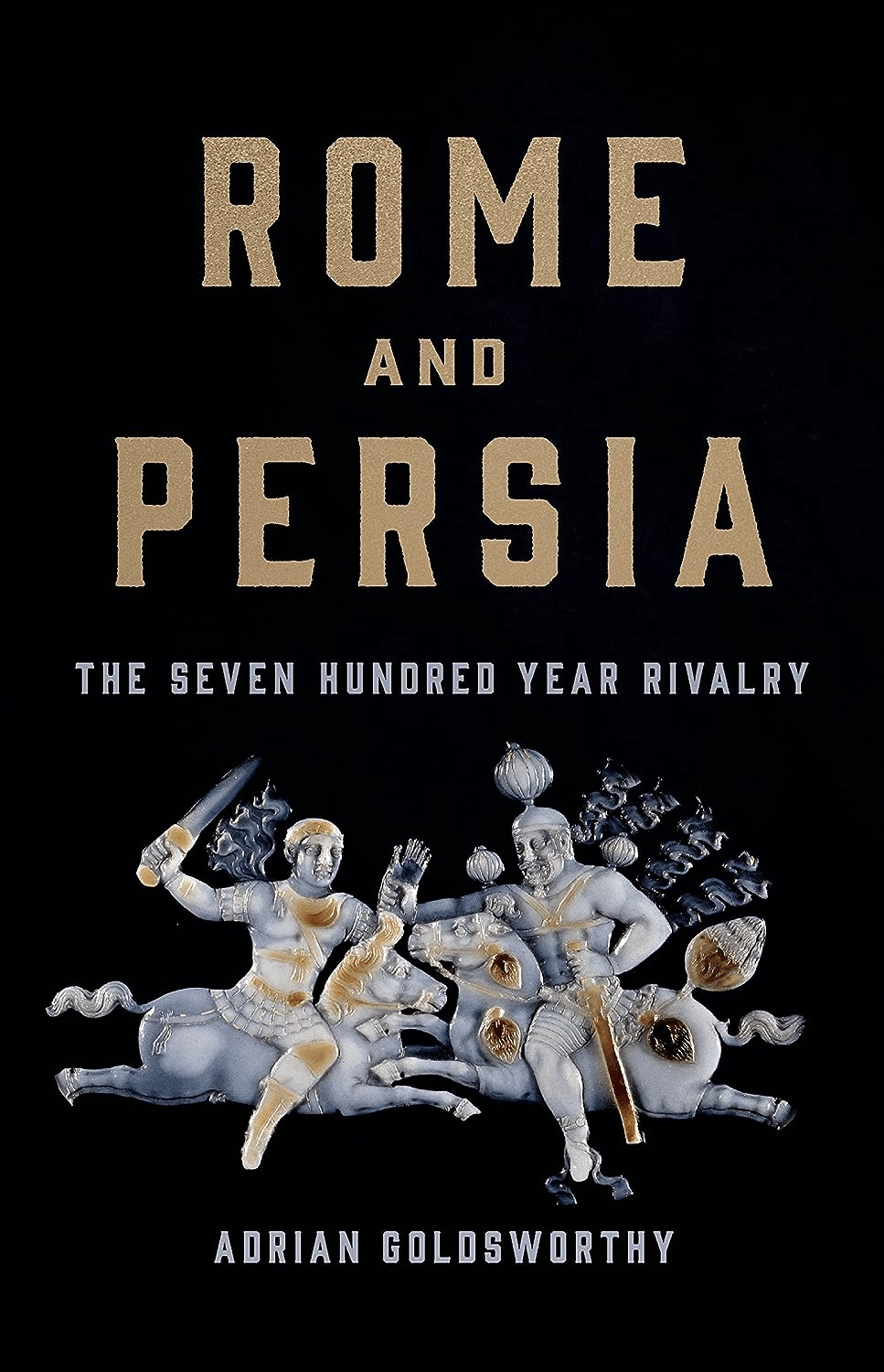
A Soldier’s Story: From Ottoman Rule to Independent Iraq; The Memoirs of Jafar Pasha Al-Askari
Kyle Pakka
William Facey and Najdat Fathi Safwat, eds.; Mustafa Tariq Al-Askari, tr
2003, Arabian Publishing Ltd., 0-9544792-0-3, £25 / $39.95 hb
(Orig., in Arabic, Mudhakkirat Ja’far Al-‘Askari, 1988, Dar al-Laam, London.) In a telling passage early in his memoirs, Askari, an Iraqi from Mosul and the son of a colonel in the Ottoman army, visits a museum in Berlin where, for the first time, he sees the fabled walls of Babylon. Askari, angry and dismayed with the Ottomans who allowed the treasures of his native country to be taken, is also aware that their exhibition in Germany allows greater awareness of Iraq’s civilization to spread. This moment, told in Askari’s straightforward and familiar manner, reveals the complex forces at play in his heart that would lead him to switch from the Ottoman to the British side in World War I and become one of the Arab Revolt’s greatest generals. Recounting a life full of intrigue, adventure and grand political drama, Askari’s compelling memoir has a fitting opening: a description of his seven-day river voyage from Mosul to Baghdad aboard a kalak, a river craft made of inflated goat skins. Rising quickly through the ranks of the Ottoman army, Askari, while commanding the Sanusi forces in Cyrenaica (modern-day eastern Libya), was captured by the British and imprisoned in the Cairo Citadel where he gradually became convinced that the British offered more hope for Arab independence. Askari’s development as an Arab nationalist, and his crucial role in the Arab Revolt and subsequent career in the foundation of the modern state of Iraq—twice prime minister, five times defense minister and twice Iraqi minister in London—places him at the center of movements whose reverberations are still felt today. Well-respected and liked by many of the key figures in the early 20th century in Europe and the Middle East, Askari, who spoke seven languages and was famous for his wit and ability to forge alliances, was assassinated outside Baghdad in 1936 while attempting to forestall Iraq’s first military coup. Although his memoirs end with him in Aleppo as military governor in 1919, the ample footnotes and appendices, which include speeches, letters and articles written by and about Askari, round out the life of one of the region’s most fascinating and influential characters.
